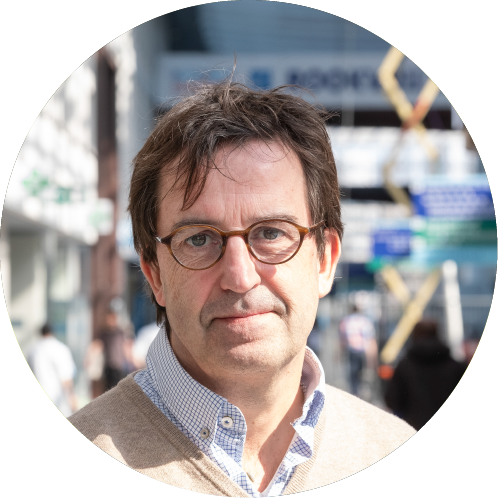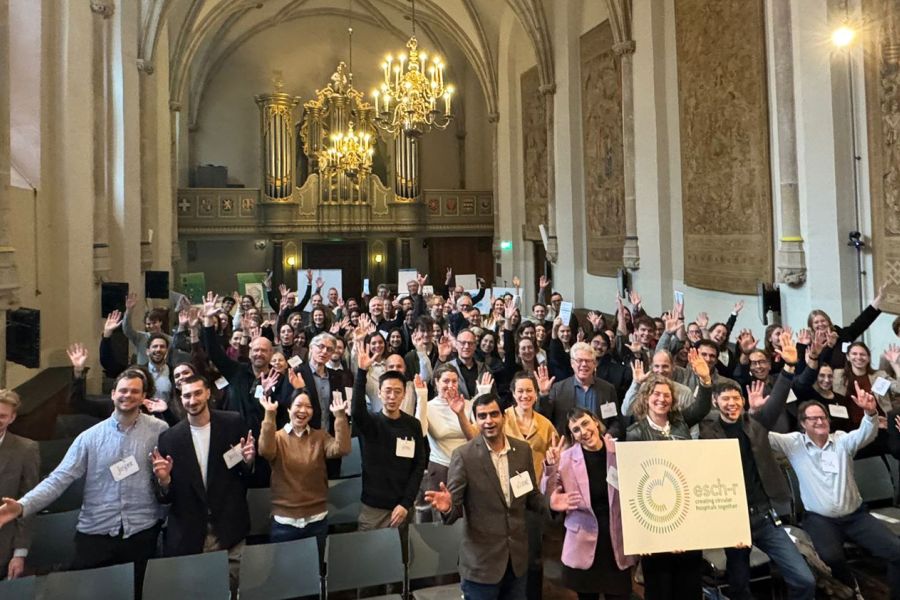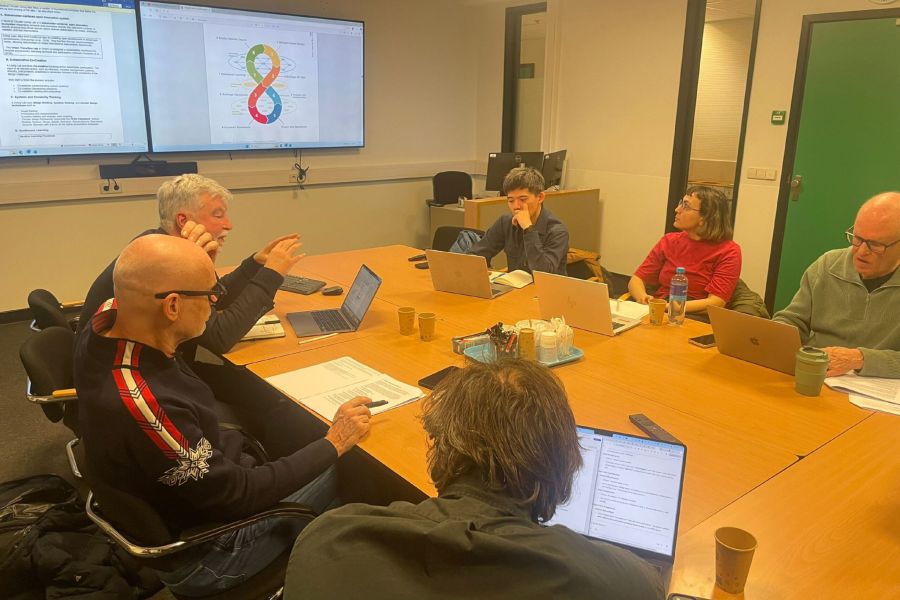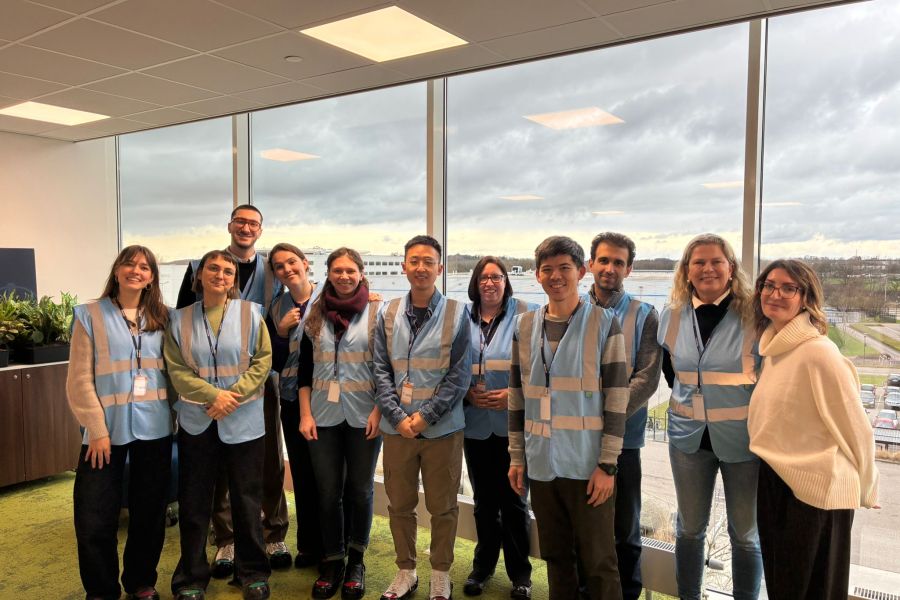Highlights of Podcast Episode 1: Circularity in Intensive Care and Healthcare

The healthcare sector needs to become more circular and sustainable. In the Netherlands, it accounts for approximately 8% of the nation’s CO2 emissions—more than the aviation industry! The healthcare sector consumes 13% of our raw materials and generates a staggering 328 million kilograms of waste annually, representing 4% of the country’s total waste production. This must change.
Circularity is a hot topic, but what does it mean in healthcare? It’s a broad term that needs clarification. In this new ESCH-R podcast series, we aim to make circularity tangible and actionable.
In the first episode, Dimitry Vleugel, moderator, and Nicole Hunfeld, Principal Investigator of the ESCH-R Consortium, talk to Professor Diederik Gommers, intensivist and head of the Intensive Care department at Erasmus MC.
The Growing Waste Problem in Hospitals
“Hospitals are accustomed to using many single-use products, especially plastic. This creates a massive waste pile that ultimately needs to be incinerated,” Nicole explains.
“During the COVID-19 pandemic, the scale of the waste problem in intensive care units became undeniable. Due to infection risks, waste bins were placed outside, making the volume of waste constantly visible. That was the moment we realized: this cannot continue.”
Collaborating for Circularity in Healthcare
This realization led to the establishment of ESCH-R. Nicole explains, “During the pandemic, we learned the importance of bringing everyone with relevant expertise to the table—universities like TU Delft and Erasmus University, as well as companies. That’s when we began drafting a research proposal, which eventually became ESCH-R.”
Diederik also emphasizes the need for collaboration with the industry: “It’s no longer about manufacturers simply selling products. We genuinely need each other. The only way to solve this is by working together.”

“Hospitals are accustomed to using many single-use products, especially plastic. This creates a massive waste pile that ultimately needs to be incinerated.”
Nicole Hunfeld
Behavioral Change on the Ground
The goal is to test and implement new, sustainable practices in real healthcare settings. Nicole stresses the importance of behavioral change among healthcare professionals: “Within ESCH-R, we’re focusing on 12 products that we want to make circular. These are selected in collaboration with the companies that produce them. Together, we aim to make these products more circular. However, when it’s time to test these changes, we will need the full cooperation of those working on the ground. This often requires them to adapt their practices. Changing behavior will be a key focus of ESCH-R.”
Key Insights
Nicole highlights new insights into the carbon footprint of medicines in intensive care. “One of our PhD candidates conducted a detailed inventory of all medicines used in the ICU—from packaging to instructions and even glassware. We asked pharmaceutical companies about their composition and production processes to determine their CO2 footprint. What did we find? IV bags stood out the most. They are used in large quantities and individually packaged. That’s an area we will definitely address.”
“We genuinely need each other. The only way to solve this is by working together.”
Diederik Gommers

Talking to Companies
In the next podcast episode, Nicole and Dimitry will speak with Anne Traa and Priscilla Lips from the Wittenburg Group, a Dutch company that manufactures polymers. These are plastic-based compounds used by pharmaceutical and medical companies to create products. Circularity is also a top priority for Wittenburg, and collaboration with hospitals plays a vital role.
Diederik reinforces this need in his question to Anne and Priscilla from the Wittenburg Group: “I’d like to know what they excel at, where they could make significant strides, and what they need from us—the hospital sector—to make their products circular.”
Listen to the full podcast via Spotify (in Dutch).


